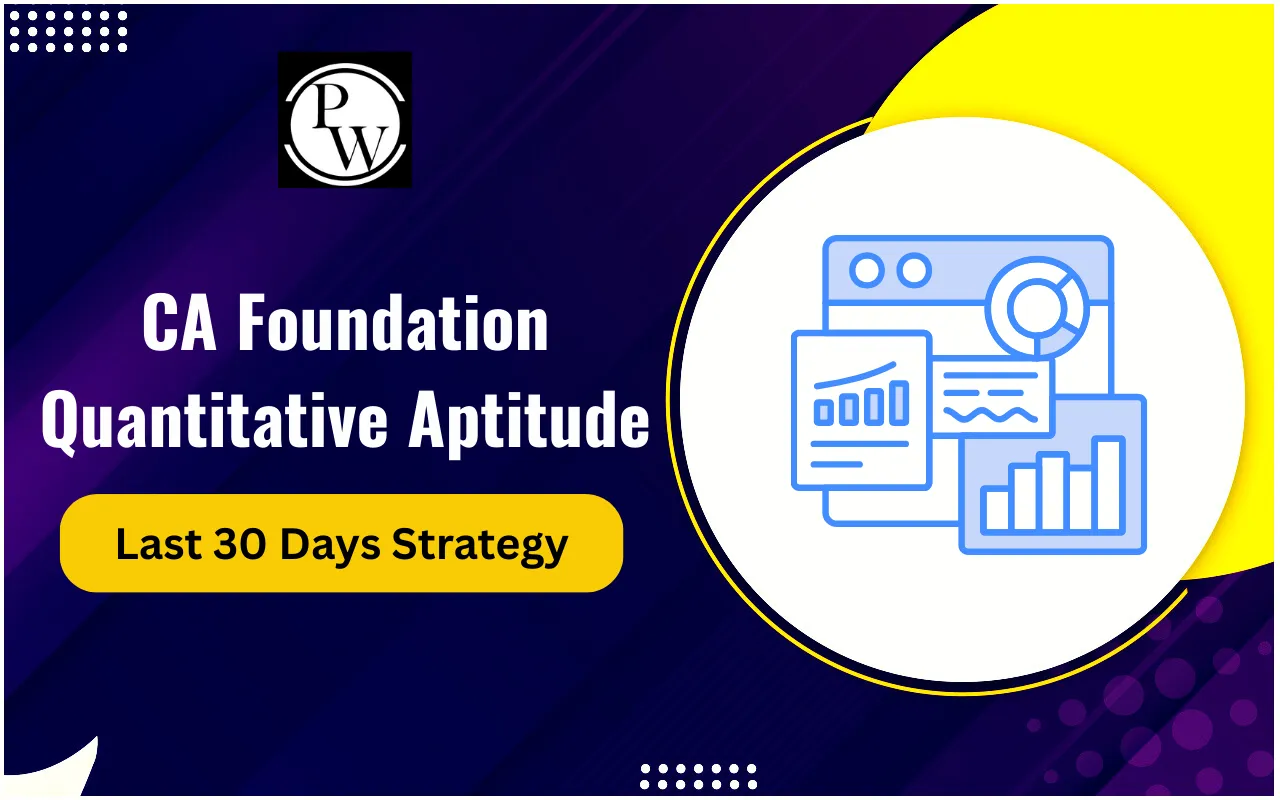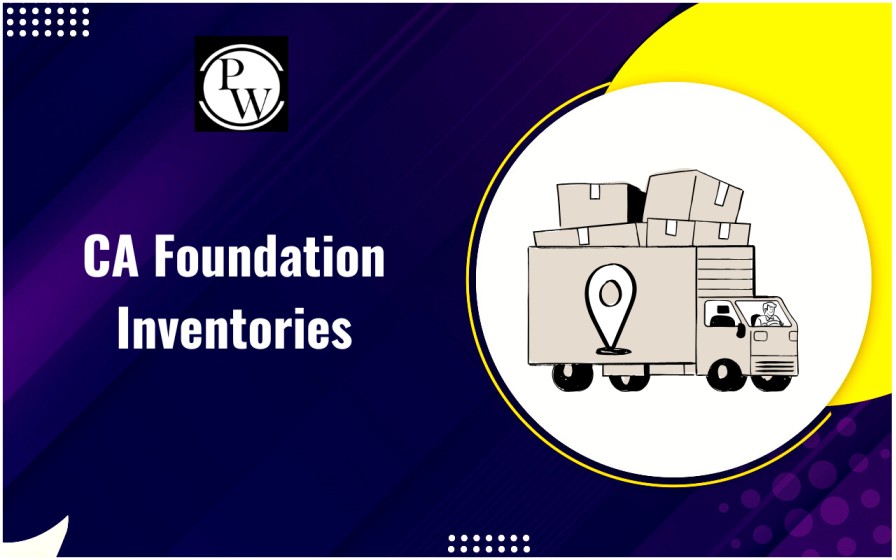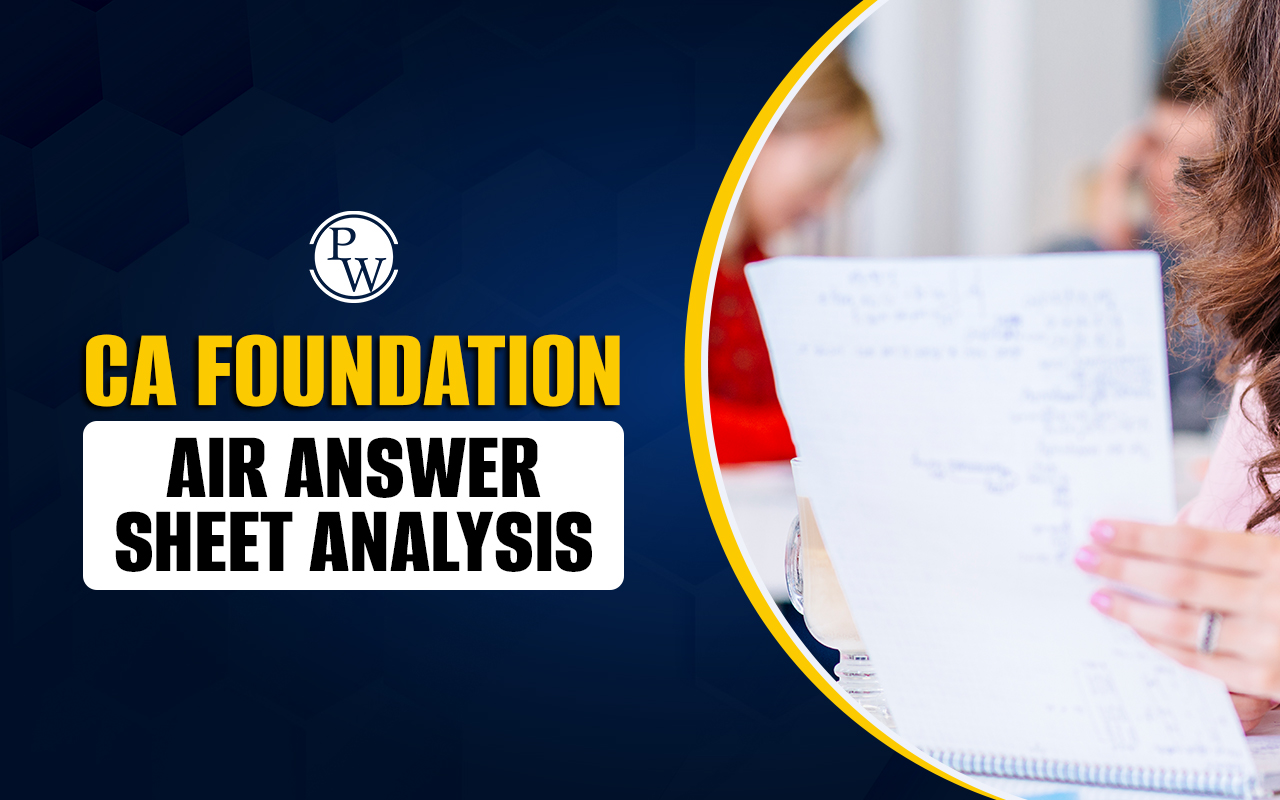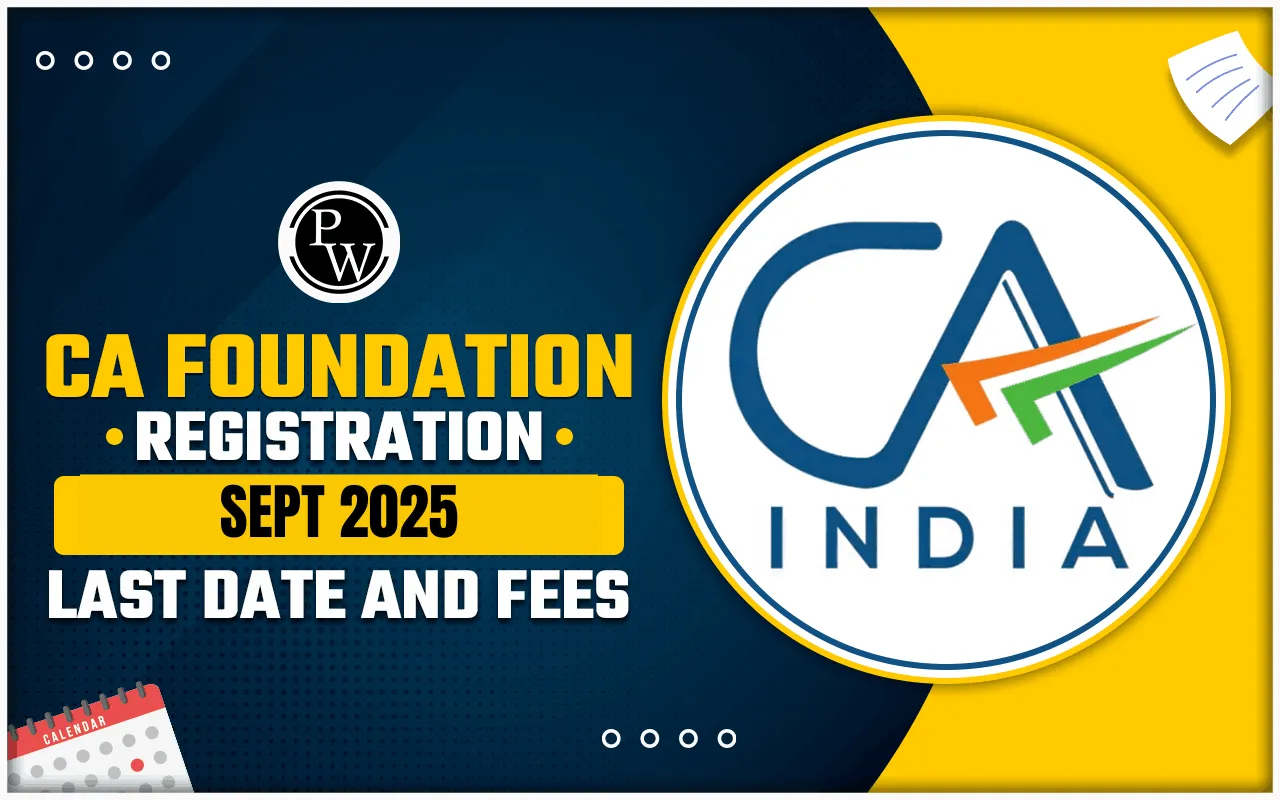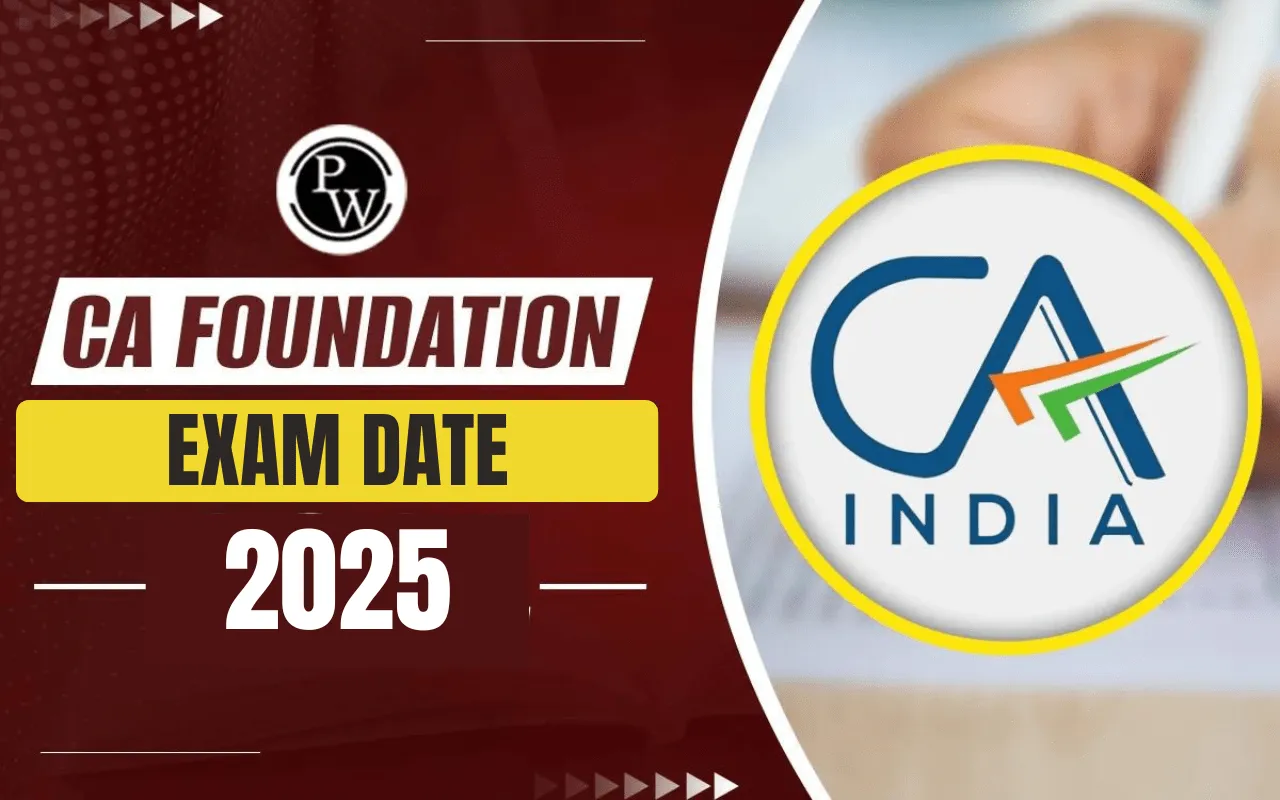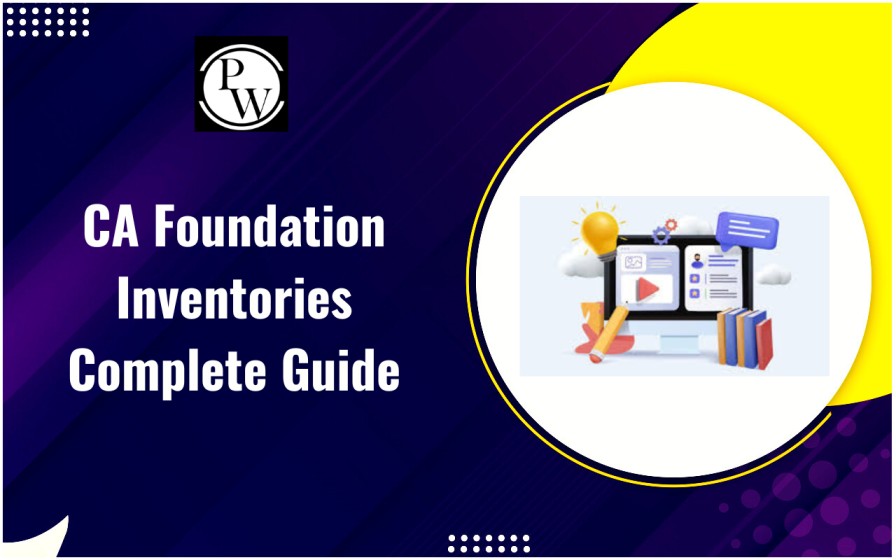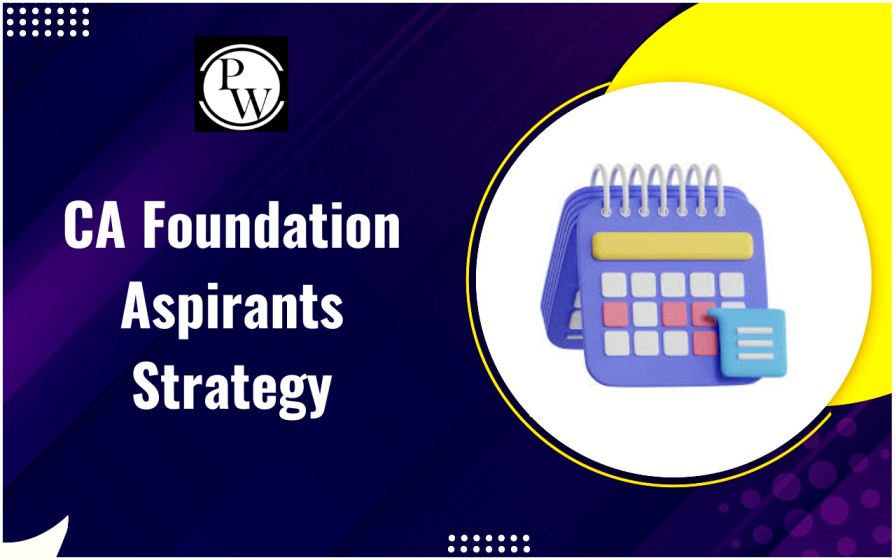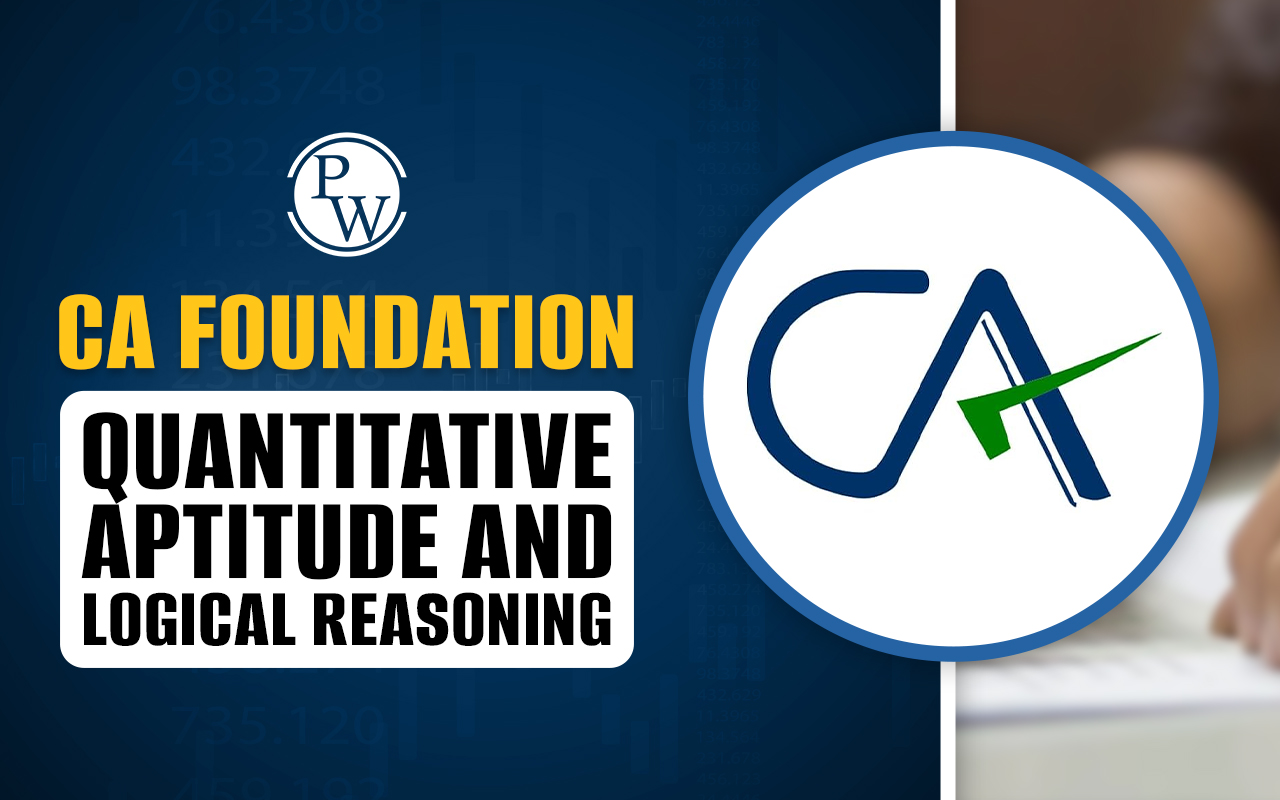
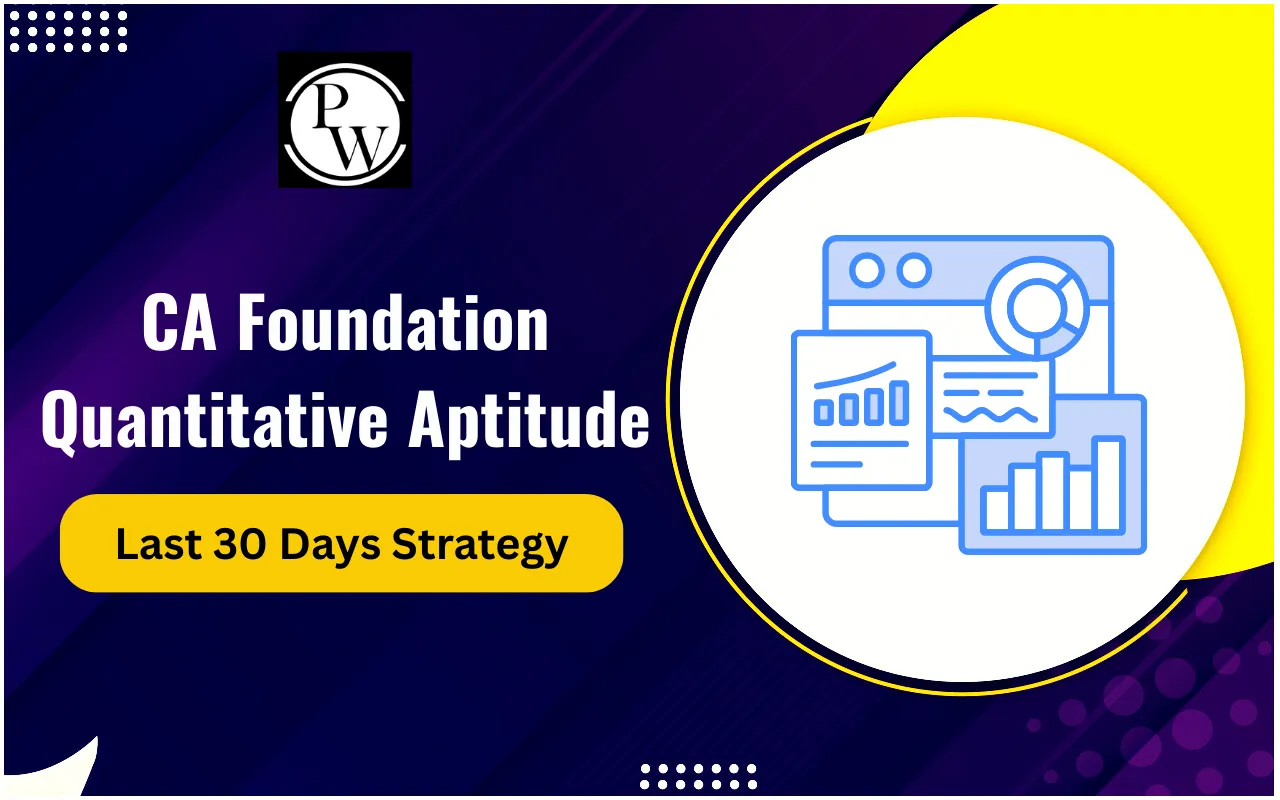
CA Foundation September 2025 Strategy: Studying for the CA Foundation Exam may seem difficult, but having a solid strategy makes passing it significantly easier. The September 2025 plan for CA Foundation emphasizes developing solid fundamentals, effective time management, and frequent revisions. Below, we’ve mentioned a simple and effective 45-day plan for the CA Foundation aimed at assisting students in achieving good scores on their first try.
CA Foundation September 2025 Strategy
The CA Foundation September 2025 Strategy explains how to allocate your time for every subject, when to study, and ways to practice with mock exams. Students can develop a weekly schedule, concentrate more on areas they struggle with, and review strong subjects to maintain their confidence. The strategy for the CA foundation in September 2025 also encompasses working on ICAI modules, reviewing past papers, and completing short tests to monitor daily advancements. By adhering to these straightforward steps, students can manage their time more efficiently, concentrate on areas of weakness, and maximize their final days for achievement.
CA Foundation Quantitative Aptitude
The CA Foundation Quantitative Aptitude paper checks students’ ability in Mathematics, Logical Reasoning, and Statistics. It has both theory and practical questions. To score well, students must learn formulas, understand concepts, and practice a good number of questions.
In the last month before the exam, students should focus more on revision, MCQ practice, and mock tests. Instead of trying to study everything, it is better to give priority to chapters that carry more marks. The subject requires a balance of speed, accuracy, and time management.
Preparation Strategy for CA Foundation Quantitative Aptitude
The last 30 days are very important. A smart plan helps in using this time effectively. Below, we’ve mentioned the main steps to follow for the CA Foundation Quantitative Aptitude exam.
Use Structured Resources
In the last 30 days, students should use structured resources instead of starting from random material. Beginners who have not studied much can depend on the “One Shot” series available in the Chanakya batches. These classes cover each chapter in detail and save time. Students who have already studied earlier can revise from the handwritten notes provided in the PW App. For quick and effective revision, the “Sankat Mochan” series is also very useful, as it gives chapter-wise practice and concept revision.
Prioritize High-Weightage Chapters
Not all chapters carry equal marks in the CA Foundation Quantitative Aptitude paper. That is why students should first study the chapters that carry more weightage. Finance, Logical Reasoning, Central Tendency, Dispersion, and Index Numbers should be revised first. These chapters are easier to score in and help build a strong base. After completing them, students can move on to chapters like Ratio, Proportion, Equations, and Inequalities. This order ensures that students have secured a good score before touching the smaller topics.
Practice MCQs Chapter-Wise
The subject requires a lot of practice. Students should solve 30 to 50 MCQs for each chapter. These can be taken from exercises, previous year questions, or practice sets. While practicing, students should avoid spending too much time on one topic. A balanced pace ensures that all chapters get proper attention. In the last week, students should switch from single-chapter practice to mixed-chapter practice so that they can test their overall preparation before the exam.
Attempt Mock Tests
Mock tests play a big role in preparing for the CA Foundation Quantitative Aptitude exam. Students should attempt at least three mock tests in the last 20 days. It is best to take these tests in exam-like conditions to check speed and accuracy. After each test, mistakes should be analyzed carefully so that they are not repeated. Students who finish their syllabus early can start with mock tests sooner. Mock papers provided in the PW App and past ICICI papers are good sources for practice.
Revise Theory Chapters
Many students ignore theory chapters, but they are very important. Topics like Statistical Description of Data, Sampling, Central Tendency, and Index Numbers must be read directly from the modules and ICICI books. Sometimes, questions come directly from the lines of these books. Careful reading helps students answer theory questions confidently.
Daily Formula and Trick Revision
Formulas are the backbone of the CA Foundation Quantitative Aptitude paper. Without formulas, even simple problems cannot be solved. That is why students should revise formulas every day. Keeping a small notebook for formulas is a good idea. Spending just 15 to 20 minutes daily on formula revision makes it easier to recall them during the exam. Tricks for quick calculation should also be revised regularly.
Strategy for Students with Limited Preparation
Students who have not studied much should avoid the mistake of trying to complete the whole syllabus. Instead, they should focus only on high-weightage chapters such as Finance, Logical Reasoning, Central Tendency, Dispersion, Sampling, Index Numbers, and Correlation. These chapters alone can give 60 to 70 marks. Once they are done, students can add smaller chapters like Ratio, Proportion, and Equations. This way, the preparation is focused and not rushed.
For Students with Mathematics Background
Students who studied mathematics in Class 12 may find chapters like Probability, Permutation, and Combination easier. They can revise these topics faster. But even for them, the main focus should remain on chapters with high marks. The aim should not be to score 100 marks but to secure a safe range of 65 to 70 marks. A selective and smart approach is better than trying to cover everything.
Consistency with Available Resources
Students should continue with the resources they already have. The One Shot series is useful for concept clarity, handwritten notes are useful for revision, and live classes are useful for practice. Even if live classes get delayed, students should continue with self-study and not waste time waiting. Consistency is the most important part of preparation in the last 30 days.
Stay Motivated and Disciplined
The last few days before the exam can bring stress. To deal with this, students should stay disciplined and motivated. Making a daily schedule and sticking to it helps reduce stress. Short breaks can be taken, but time should not be wasted on distractions. A positive attitude and self-belief are very important for success in the CA Foundation Quantitative Aptitude exam.
The last 30 days are very important for the CA Foundation Quantitative Aptitude exam. Students should follow a simple plan: revise important chapters, practice formulas daily, solve MCQs, and attempt mock tests. Those with less preparation should focus on high-scoring chapters, while those who are prepared should concentrate on revision and practice.
This subject is about both knowledge and smart planning. By giving equal attention to formulas, theory, and practice, students can secure a good score. With discipline and confidence, every student can perform well in the CA Foundation Quantitative Aptitude exam and move closer to becoming a Chartered Accountant.
CA Foundation Quantitative Aptitude FAQs
How should I start preparing for CA Foundation Quantitative Aptitude in the last 30 days?
Is it necessary to solve mock tests before the CA Foundation Quantitative Aptitude exam?
How much time should I give daily to formula revision for the CA Foundation Quantitative Aptitude?
Can I pass the exam if I have not studied the full CA Foundation Quantitative Aptitude syllabus?

